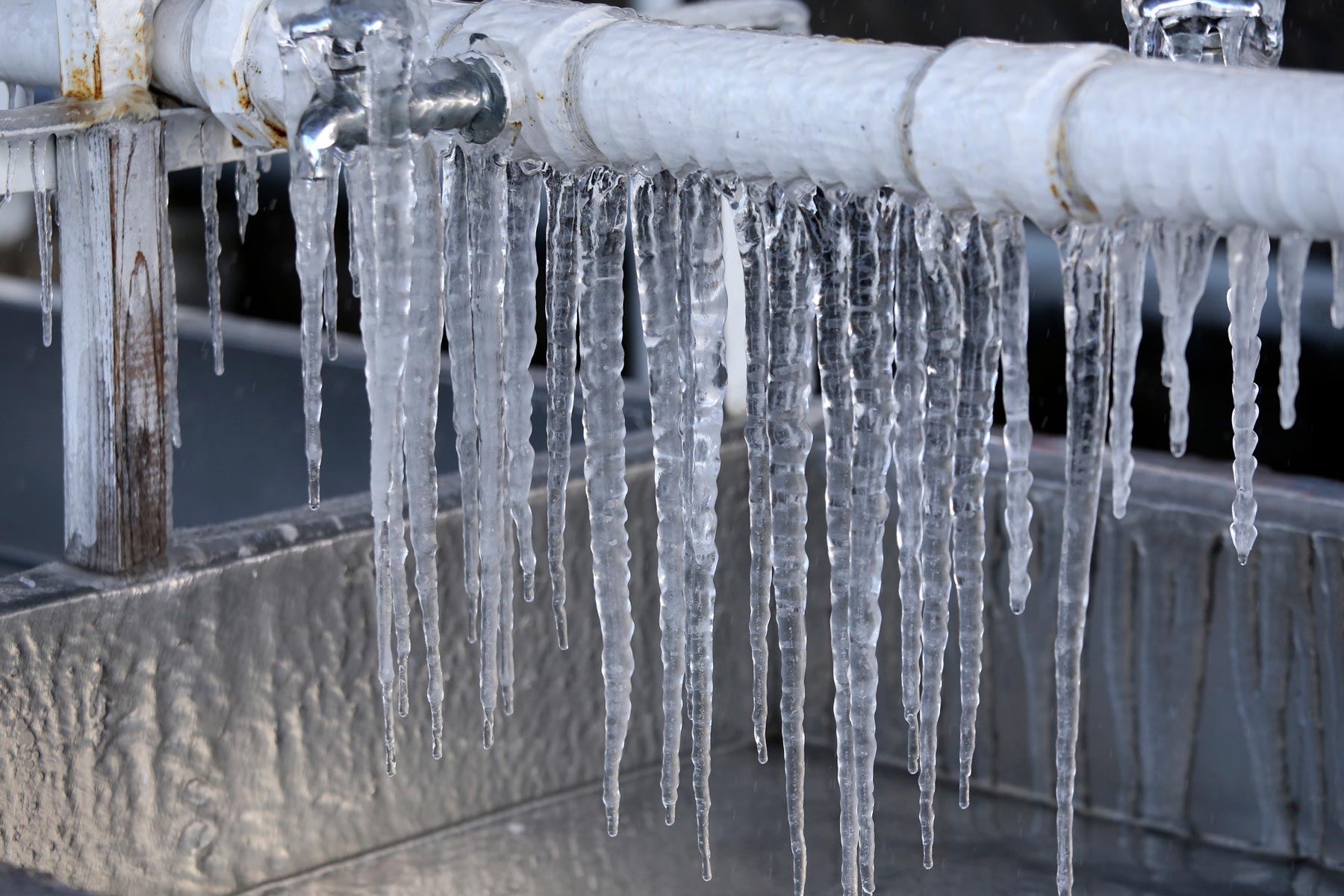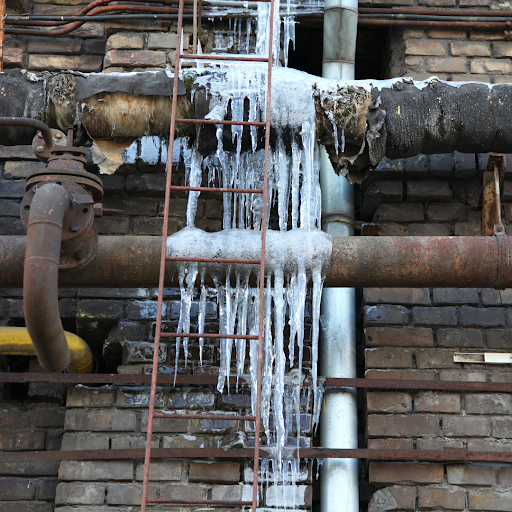Important Advice for Preventing Frozen Pipes in Winter Seasons
Important Advice for Preventing Frozen Pipes in Winter Seasons
Blog Article
This article down the page on the subject of How to Prevent Your Pipes From Freezing is especially fascinating. Don't skip it.

Cold weather can ruin your pipes, specifically by freezing pipes. Here's how to prevent it from taking place and what to do if it does.
Introduction
As temperatures drop, the risk of icy pipelines increases, potentially bring about costly repair services and water damages. Comprehending how to prevent icy pipes is essential for homeowners in chilly environments.
Prevention Tips
Insulating at risk pipes
Cover pipelines in insulation sleeves or use warm tape to safeguard them from freezing temperature levels. Concentrate on pipelines in unheated or outside areas of the home.
Heating strategies
Keep indoor spaces sufficiently warmed, especially locations with pipes. Open cabinet doors to allow cozy air to flow around pipelines under sinks.
Exactly how to identify icy pipes
Look for lowered water circulation from faucets, unusual odors or noises from pipes, and noticeable frost on exposed pipelines.
Long-Term Solutions
Architectural changes
Think about rerouting pipes far from exterior wall surfaces or unheated locations. Include extra insulation to attics, cellars, and crawl spaces.
Upgrading insulation
Invest in top notch insulation for pipelines, attics, and walls. Proper insulation aids keep constant temperature levels and reduces the threat of icy pipes.
Securing Outside Plumbing
Yard hose pipes and outside faucets
Separate and drain pipes yard pipes prior to winter. Mount frost-proof faucets or cover outside faucets with insulated caps.
Understanding Icy Pipes
What triggers pipelines to ice up?
Pipes freeze when subjected to temperature levels below 32 ° F (0 ° C) for extended durations. As water inside the pipes freezes, it expands, taxing the pipe wall surfaces and potentially creating them to rupture.
Threats and damages
Frozen pipes can bring about water interruptions, residential or commercial property damage, and costly fixings. Ruptured pipes can flood homes and cause extensive structural damages.
Indicators of Frozen Water Lines
Recognizing frozen pipelines early can avoid them from breaking.
What to Do If Your Pipelines Freeze
Immediate activities to take
If you presume icy pipelines, keep faucets open to alleviate pressure as the ice thaws. Utilize a hairdryer or towels taken in warm water to thaw pipes slowly.
Final thought
Protecting against icy pipelines calls for proactive steps and quick actions. By recognizing the reasons, indicators, and safety nets, home owners can safeguard their pipes throughout cold weather.
6 Proven Ways to Prevent Frozen Pipes and Protect Your Home
Disconnect and Drain Garden Hoses
Before winter arrives, start by disconnecting your garden hoses and draining any remaining water. Close the shut-off valves that supply outdoor hose bibs and leave the outdoor faucet open to allow any residual water to drain. For extra protection, consider using faucet covers throughout the colder months. It’s also important to drain water from any sprinkler supply lines following the manufacturer’s directions.
Insulate Exposed Pipes
Insulating your pipes is an effective way to prevent freezing. Pipe insulation is readily available at home improvement stores and is relatively inexpensive. Pay close attention to pipes in unheated areas such as the attic, basement, crawl spaces, or garage. Apply foam insulation generously to create a buffer against the cold. You can also wrap your pipes in heat tape or thermostat-controlled heat cables for added warmth.
Seal Air Leaks
Inspect your home for any cracks or openings that could let in cold air. Seal any holes around the piping in interior or exterior walls, as well as the sill plates where your home rests on its foundation. Additionally, make sure to keep your garage door closed unless you’re entering or exiting. Leaving it open creates a significant air leak that can lead to frozen pipes.
Allow Warm Air Circulation
During cold snaps, it’s essential to allow warm air to circulate evenly throughout your home. Leave interior doors ajar to promote better airflow. Open kitchen and bathroom cabinets to help distribute heat consistently around the rooms. If you have small children or pets, be sure to remove any household chemicals or potentially harmful cleaners from open cabinets for safety.
Let Faucets Drip
A small trickle of water can make a big difference in preventing ice formation inside your pipes. When temperatures drop significantly, start a drip of water from all faucets served by exposed pipes. This continuous flow helps prevent the water from freezing. Additionally, running a few faucets slightly can relieve pressure inside the pipes, reducing the chances of a rupture if the water inside does freeze.
https://choateshvac.com/6-proven-ways-to-prevent-frozen-pipes-and-protect-your-home/

I hope you liked our section about Helpful Tips to Prevent Frozen Pipes this Winter. Thank you for finding the time to read through our article. Enjoyed our posting? Please quickly share it. Help others locate it. Thank you for your time invested reading it.
Call Today Report this page